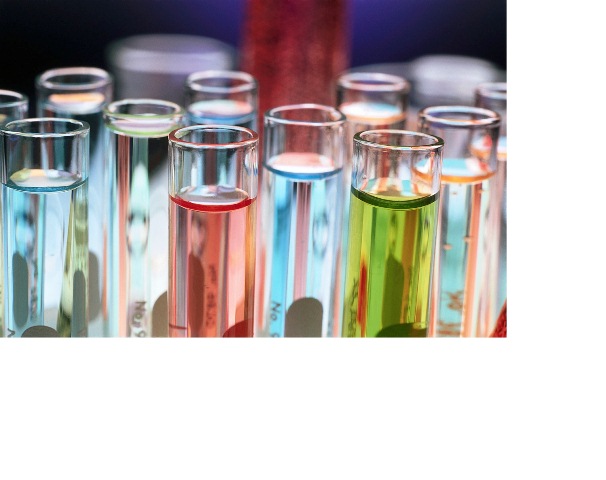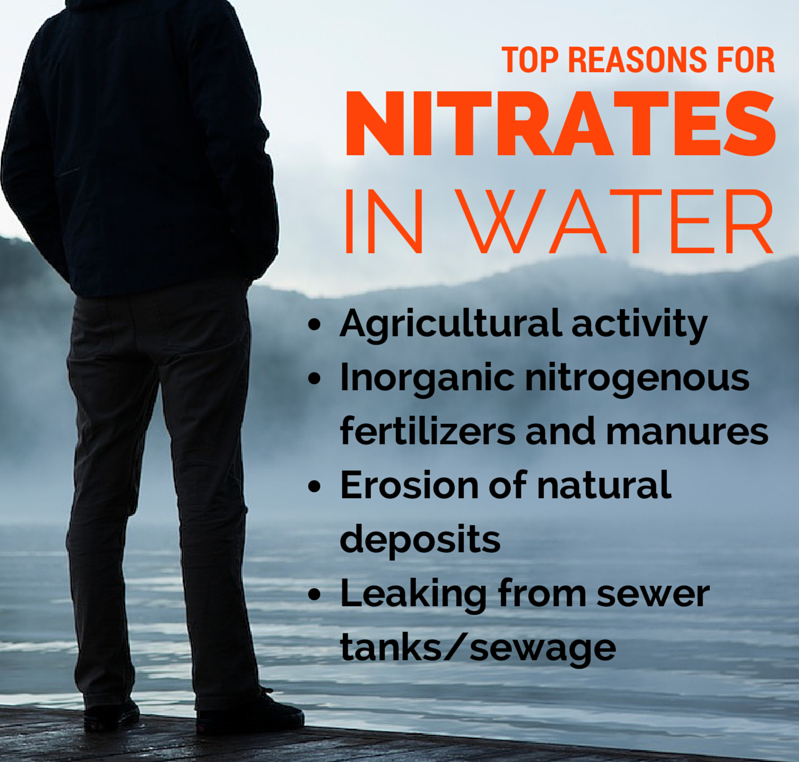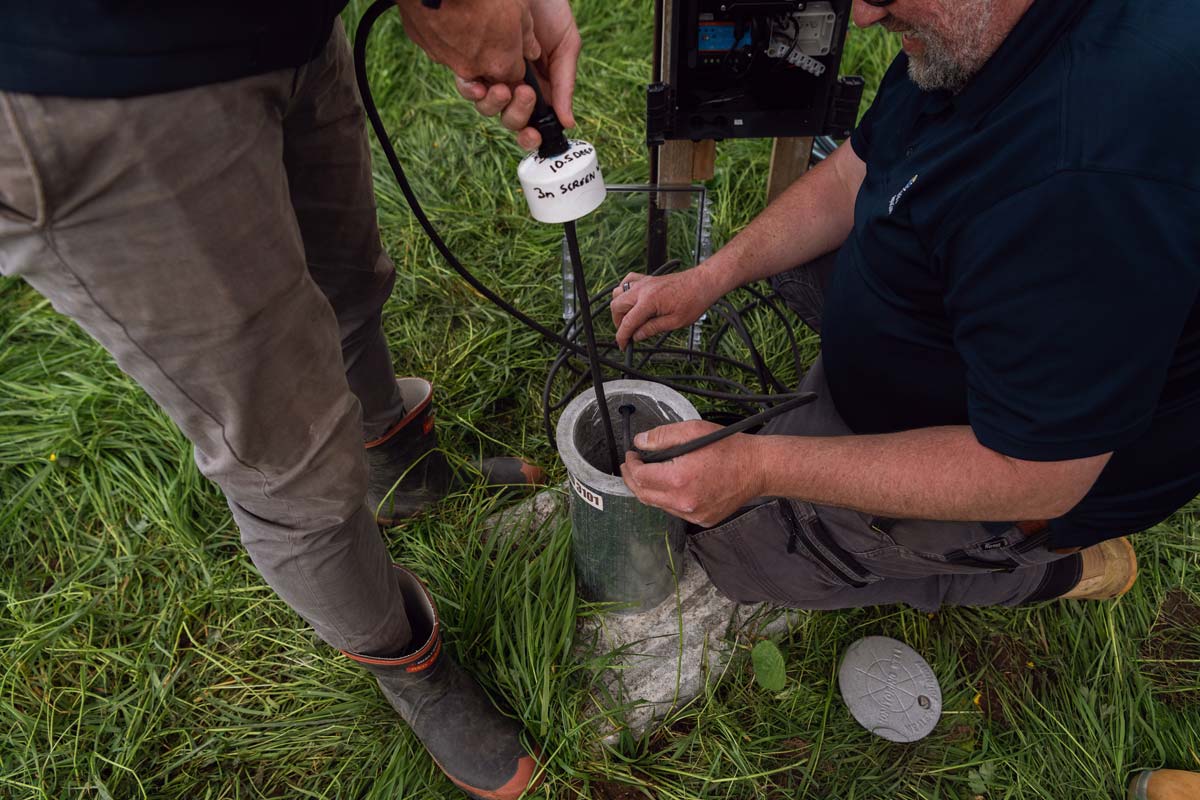Nitrates High After Water Change
Have you ever experienced high levels of nitrates in your aquarium after a water change? If so, you're not alone. Many aquarium owners struggle with high nitrate levels, leading to unhealthy conditions for fish and plants. In this article, we'll explore the causes and solutions for nitrates high after water change, and how to keep your aquarium healthy.
Pain Points of Nitrates High After Water Change
High nitrate levels can cause several problems for aquarium owners. Firstly, it can lead to algae growth, turning the water green and cloudy. Secondly, it can harm the health and growth of fish and plants in the aquarium. Lastly, high nitrates can lead to an unpleasant, musty odor in the water that is unappealing to the nose.
The Target of Nitrates High After Water Change
Nitrates are produced as a byproduct of the nitrogen cycle in an aquarium. Fish waste and uneaten food release ammonia, which is then broken down into nitrites, and finally, into nitrates by beneficial bacteria. Nitrates are less toxic than ammonia and nitrites, but high levels can still be harmful to aquatic life.
Main Points of Nitrates High After Water Change
A water change is a common way to remove excess nitrates from an aquarium. However, if done incorrectly, it can lead to high nitrate levels. This can happen if too much water is changed at once, or if tap water with high nitrate levels is added to the tank. Testing the water before and after a water change is crucial to maintain proper nitrate levels.
How to Prevent Nitrates High After Water Change
To prevent high nitrate levels after a water change, it's important to follow a few simple steps. Firstly, test the water before a water change to ensure that nitrate levels are within a safe range. Secondly, change only 20-30% of the water at a time, unless nitrate levels are extremely high. Lastly, consider using a dechlorinator or nitrate-reducing product to treat tap water before adding it to the aquarium.
The Importance of Regular Maintenance
Regular aquarium maintenance, such as cleaning the filter and substrate, removing uneaten food, and checking water parameters, is key to preventing high nitrate levels. A well-maintained aquarium with balanced biological filtration will naturally reduce nitrate levels over time.
The Role of Aquatic Plants
Aquatic plants are beneficial for reducing nitrate levels in an aquarium. They absorb nitrates from the water as they grow, reducing the amount of nitrates available for algae growth. Additionally, they provide oxygen for fish and create a natural, beautiful environment in the tank.
The Pros and Cons of Chemical Treatments
Chemical treatments, such as nitrate-absorbing resins and additives, can be effective at reducing nitrate levels. However, they can also be expensive and may have negative effects on aquatic life if overused. It's important to follow instructions carefully and only use chemical treatments as a last resort.
Question and Answer
Q: How often should I test my aquarium water for nitrates?
A: It's recommended to test your aquarium water at least once per week for nitrate levels.
Q: What should I do if my nitrate levels are extremely high?
A: If nitrate levels are extremely high, consider doing several small water changes over the course of a few days to gradually reduce nitrate levels. Additionally, consider using a nitrate-reducing product or adding more aquatic plants to the tank.
Q: Can high nitrate levels be harmful to humans?
A: While nitrates themselves are not harmful to humans, they can be converted into nitrites, which can be harmful in high levels. It's important to avoid drinking aquarium water or using it for cooking or drinking purposes.
Q: Can low nitrate levels be harmful to aquatic life?
A: In some cases, very low nitrate levels (below 5 ppm) can be harmful to aquatic life, as they require a certain amount of nitrates for proper growth and development. However, it's important to maintain nitrate levels within a safe range.
Conclusion
In conclusion, nitrates high after water change can be a common problem for aquarium owners, but it's one that can be easily prevented with proper maintenance and testing. Regular maintenance, careful water changes, and the use of aquatic plants can help maintain balanced nitrates in your aquarium. As always, it's important to test and monitor water parameters regularly to keep your fish and plants healthy and happy.
Gallery
Nitrates In Drinking Water - What Levels? - RO System Reviews

Photo Credit by: bing.com / nitrates nitrate
High Nitrates, What Now? – Extension Fond Du Lac County

Photo Credit by: bing.com / nitrates high extension fonddulac edu
How Do I Remove Nitrates From My Water?

Photo Credit by: bing.com / water nitrates nitrate contamination fertilizer drinking natural three into sewage tanks culprits septic leaking erosion runoff main use watertech
How Do Nitrates Effect Our Groundwater And Freshwater Waterways?

Photo Credit by: bing.com / groundwater waterways freshwater nitrates effect
Nitrate In Drinking Water Linked To Thousands Of Cancer Cases Each Year

Photo Credit by: bing.com / water drinking nitrate cancer cases each year linked thousands earth